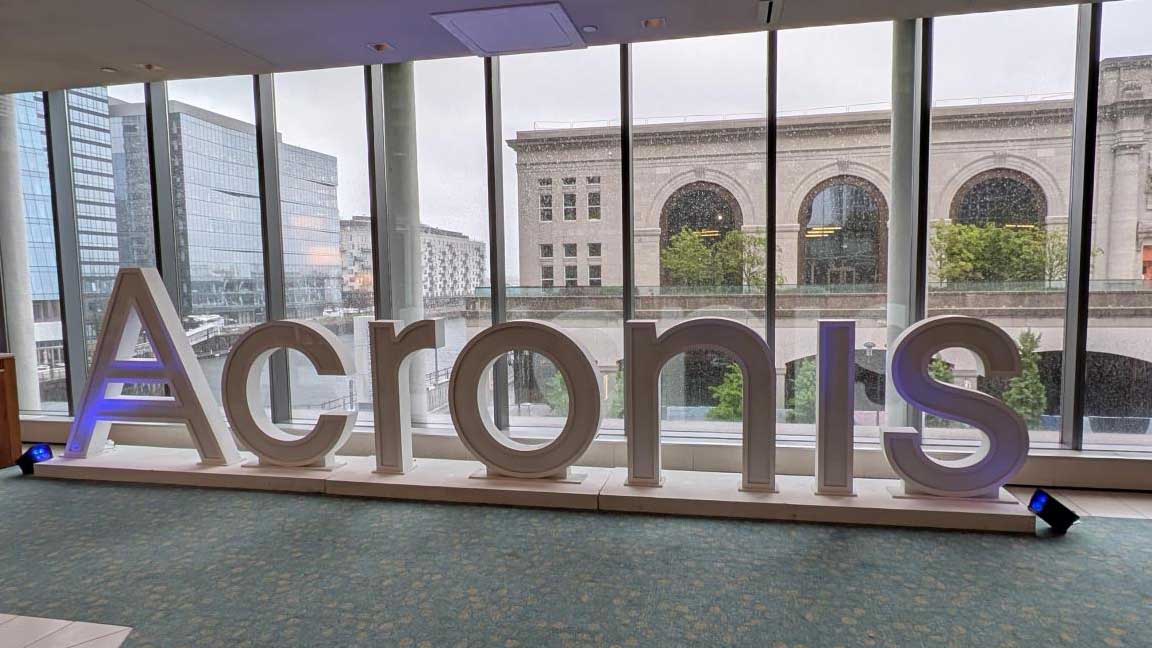Spiceworks†announced the results of a new survey†examining the use of web filtering in the workplace and the implications†of restricting certain online properties.†The†results indicate†among organizations that don’t restrict any internet activity, most employees (58 percent) spend at least four hours per week, the equivalent of 26 workdays per year, on websites unrelated to their job. In other words, based on the†median U.S. salary†of†$45,812, these organizations are paying full-time employees approximately†$4,500†per year to spend 10 percent of their time consuming non-work-related web content.
Among organizations that restrict one or more website on the corporate network, the results show 85 percent restrict illegal and unethical/inappropriate sites, and 61 percent restrict online dating sites. Fewer organizations restrict social media channels (38 percent) or personal instant messaging services (34 percent), and about a quarter of organizations restrict video streaming services, music streaming services, and online forums/communities. Additionally, 21 percent restrict personal webmail services, and 13 percent restrict online retail sites.
Blocking social media channels can help keep employees on task
Among social media channels, Facebook, Snapchat, and Instagram are most commonly blocked on corporate networks: 36 percent block Facebook, 36 percent block Snapchat, and 35 percent block Instagram. Additionally, 32 percent block Twitter, and 31 percent block Pinterest, but only 16 percent block LinkedIn.
Although social media channels are only blocked by approximately one-third of organizations, the results indicate productivity levels in the workplace can peak when social media is restricted on the corporate network. In organizations that block or limit the use of social media, only 30 percent of employees spend more than four hours per week on non-work-related-sites compared to nearly twice as many employees (58 percent) in organizations that don’t block social media.
Large organizations restrict more websites than their smaller counterparts
When examining the data by company size, the results show large businesses are more likely to restrict internet activity, including social media channels, personal instant messaging services, music streaming sites, video streaming sites, and personal webmail. In fact, 96 percent of large businesses with more than 1,000 employees restrict at least one online property, compared to 92 percent of mid-size businesses with 100 to 999 employees and 81 percent of small businesses with one to 99 employees.
As a result, the results suggest more employees are staying on task in larger organizations. In large companies, only 28 percent of employees spend more than four hours per week on websites unrelated to their job, compared to 45 percent in mid-size businesses and 51 percent in small businesses.
Security incidents primarily stem from personal webmail and social media sites
In addition to productivity implications, the findings indicate there are also security implications when there is little to no web filtering enforced in organizations. In the last 12 months, 38 percent of organizations experienced one or more security incidents through the use of non-work-related websites on the corporate network.
These security incidents primarily stem from the use of personal webmail services (15 percent) and social media channels (11 percent). However, less than 40 percent of organizations block these online properties, which may contribute to the problem. Security incidents stemming from illegal (5 percent) or unethical (7 percent) websites were less common over the last 12 months, perhaps because 85 percent of companies block these sites.
“It’s evident web filtering is effective at keeping employees on task and reducing security risks,” said†Peter Tsai, senior technology analyst at Spiceworks. “But in a world where IT professionals are constantly†performing†a balancing act†between†protecting networks and enabling and trusting employees to do their jobs, sometimes†it’s not possible to block every potentially dangerous website. As a result, web filtering should only be one part of a multi-layered security strategy, instead of being viewed as a cure-all.”
Methodology††††
The Spiceworks survey was conducted in†May 2018†and included 645†respondents from organizations across†North America and Europe.†Respondents are among the millions of†business technology†professionals†in Spiceworks and represent a variety of company sizes, including small-to-medium-sized businesses and enterprises. Respondents come from a variety of industries, including manufacturing, healthcare, nonprofits, education, government, and finance.













